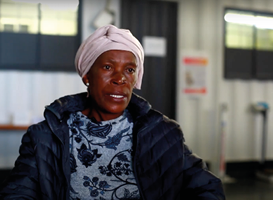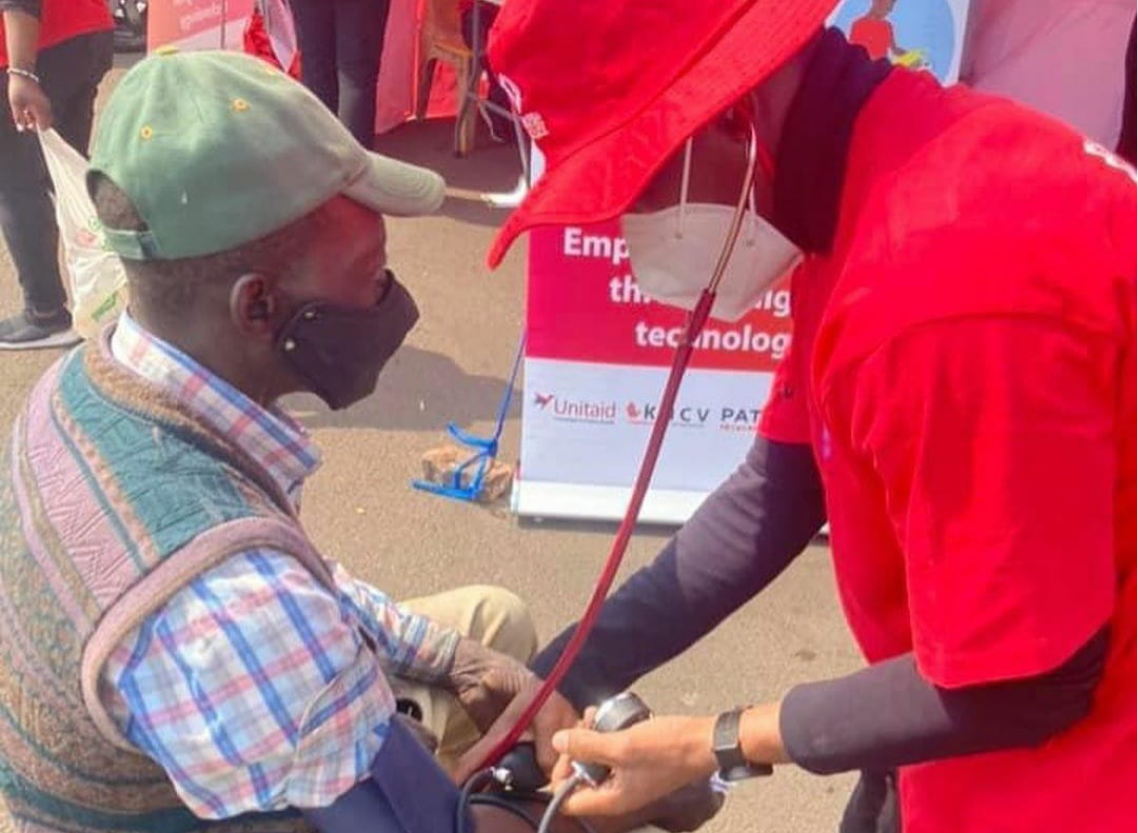The ASCENT project in South Africa
South Africa is one of the five countries where the ASCENT project was implemented. A total of 64 health care facilities in the Gauteng Province- Tshwane District and Western Cape Province- West Coast District participated in the project. Participants and health care workers made use of digital adherence technologies to support people taking their TB treatment at home. The first participants were be enrolled in October 2021. The project reached the participation of 3,084 people with TB in South Africa.
South Africa has a population of 58 million people and is one of the 30 high burden TB countries in the world, as listed by the World Health Organization (WHO). According to the WHO in 2018 an estimated 301,000 people suffered from TB in South Africa, making the TB incidence rate 520 per 100,000 people. An estimated 11,000 people suffered from multidrug resistant TB. The WHO estimates 63,000 people died of TB in South Africa in 2018.


news & Stories from South Africa
Video from South Africa: a healthcare worker’s perspective on digital adherence technology
Sello Mavimbela has been a healthcare worker in tuberculosis (TB) management for 28 years, and tells you in this video about his view on digital adherence technology for TB treatment.
Video: TB patient from South Africa ‘would advise everybody to use the smart pillbox for their medication’
26-year-old TB patient Andy Mayingi from South Africa talks in this video about his experience using a DAT, the smart pillbox, for his treatment. “This box helps me a lot”, Andy explains.
TB patient from South Africa shows how easy it is to use the smart pillbox
Theresa was offered to join the ASCENT study and use the smart pillbox for her medication. At first, she wasn’t sure how it worked. Now she says: “If you don’t have a box, you will forget to take your pills.”
ASCENT South Africa initiates TB community outreach activities
ASCENT South Africa recently held a campaign in the busy Tshwane’s inner city “Marabastad”, aimed at tuberculosis (TB) case finding and community education on the use of digital adherence technologies.



